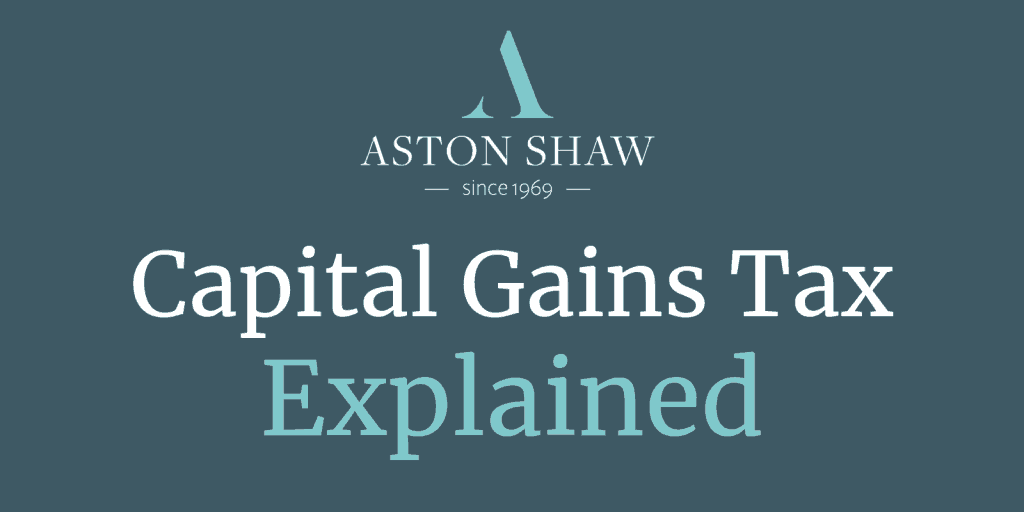Capital Gains Tax, often referred to as simply CGT, is a tax applied to the selling of an asset you own. You pay tax on the gain, not the amount you sold it for, hence the name Capital Gains Tax.
An asset doesn’t necessarily have to be sold to be subject to CGT though as technically speaking, the tax is applied when an asset is disposed of and this also includes the gifting of an asset. In order to determine how much CGT is paid on the gift, a valuation needs to be made and if a capital gain arises, tax is applied. There are special reliefs available for gifts though, so we recommend you speak with an accountant for professional advice.
What assets do you pay Capital Gains Tax on?
So far in this blog we’ve explained that you pay CGT on any gains made when you sell something you own, but exactly what assets are subject to the tax?
- Most personal possessions worth £6,000 or more (excluding your car)
- Property that’s not your main home
- Your main home if you’ve let it out, used it for business or it’s very large
- Shares that are not in an ISA or PEP
- Business assets (e.g. land &B buildings, fixtures & fittings, plant & machinery)
What assets DON’T you pay Capital Gains Tax on?
- Most personal possessions worth less than £6,000.
- Gifts to your spouse or a charity.
How much tax do you pay on a gain?
The rate will depend on whether the asset disposed of is a residential property. The table below shows the applicable rates.
|
|
Basic-rate payer | Higher or additional-rate payer |
|
Normal rates |
10% |
20% |
| Residential property rates | 18% |
28% |
This blog serves just as an overview of Capital Gains Tax. If you’ve still got questions or need specific advice, we recommend you get in touch. We can advise you on how to sell an asset in the most tax-efficient way possible.















